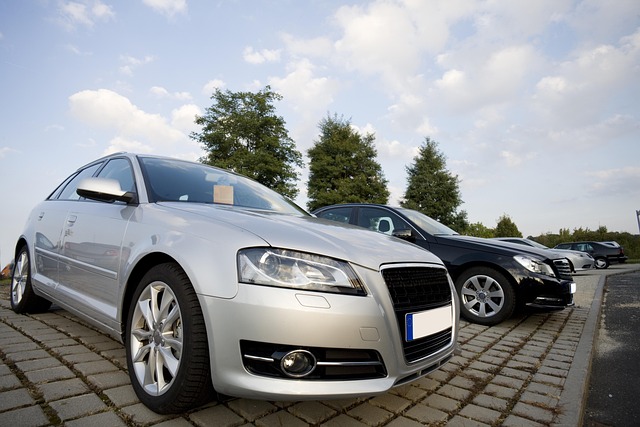Car Leasing: Understanding Your Options and Considerations
Car leasing has become an increasingly popular alternative to purchasing a vehicle outright. This financing option allows drivers to enjoy newer models with lower monthly payments, but it's essential to understand the process and evaluate if it's the right choice for your situation.

What is car leasing and how does it work?
Car leasing is a long-term rental agreement that typically lasts between 24 to 48 months. Instead of buying the vehicle, you pay for its depreciation during the lease term, along with interest and fees. At the end of the lease, you return the car to the dealership or have the option to purchase it for a predetermined amount.
The leasing process begins with choosing a vehicle and negotiating the terms with a dealership or leasing company. You’ll agree on factors such as the lease duration, mileage allowance, and monthly payments. Once the agreement is signed, you’re responsible for maintaining the car and adhering to the lease terms.
What are the advantages of electric car leasing?
Electric car leasing has gained traction as more consumers seek environmentally friendly transportation options. Leasing an electric vehicle (EV) offers several benefits:
-
Access to the latest technology: EV technology is rapidly evolving, and leasing allows you to drive the newest models with improved range and features.
-
Lower maintenance costs: Electric cars generally require less maintenance than traditional combustion engine vehicles.
-
Potential tax incentives: Depending on your location, you may be eligible for tax credits or rebates when leasing an electric car.
-
Avoiding battery depreciation concerns: As EV batteries can be expensive to replace, leasing allows you to sidestep potential long-term battery issues.
How does SUV leasing differ from other vehicle types?
SUV leasing has become increasingly popular due to the versatility and spaciousness these vehicles offer. When considering an SUV lease, keep in mind:
-
Higher monthly payments: SUVs generally cost more to lease than smaller vehicles due to their higher purchase price and slower depreciation.
-
Fuel efficiency considerations: Many SUVs consume more fuel than sedans or compact cars, which can impact your overall costs.
-
Size and parking: Ensure the SUV you’re leasing fits your lifestyle, including parking availability and maneuverability in your typical driving environments.
-
Towing capacity: If you need to tow trailers or boats, verify that the leased SUV meets your requirements and that towing is allowed under the lease agreement.
What options are available for finance on used cars?
While leasing typically involves new vehicles, financing options for used cars are also available:
-
Traditional auto loans: Banks, credit unions, and online lenders offer loans specifically for used car purchases.
-
Dealer financing: Many dealerships provide in-house financing options for used vehicles.
-
Personal loans: These can be used to finance a used car purchase, though interest rates may be higher than auto-specific loans.
-
Lease-like programs: Some companies offer lease-like arrangements for used cars, combining elements of leasing and financing.
When considering finance on used cars, it’s crucial to compare interest rates, loan terms, and any additional fees associated with the financing agreement.
How do leasing costs compare across different vehicle types?
Understanding the cost differences between leasing various vehicle types can help you make an informed decision. Here’s a comparison of typical leasing costs for different vehicle categories:
| Vehicle Type | Average Monthly Payment | Typical Down Payment | Annual Mileage Allowance |
|---|---|---|---|
| Compact Car | £200 - £300 | £1,000 - £2,000 | 10,000 - 12,000 miles |
| Midsize Sedan | £250 - £400 | £1,500 - £2,500 | 10,000 - 12,000 miles |
| SUV | £300 - £600 | £2,000 - £3,500 | 10,000 - 12,000 miles |
| Electric Car | £300 - £500 | £2,000 - £3,000 | 10,000 - 12,000 miles |
| Luxury Vehicle | £400 - £1,000+ | £3,000 - £5,000+ | 10,000 - 15,000 miles |
Prices, rates, or cost estimates mentioned in this article are based on the latest available information but may change over time. Independent research is advised before making financial decisions.
Car leasing offers flexibility and the opportunity to drive newer vehicles with potentially lower monthly costs compared to purchasing. However, it’s essential to carefully consider your driving needs, budget, and long-term financial goals when deciding between leasing and buying a vehicle. By understanding the nuances of different leasing options, including those for electric cars and SUVs, as well as financing alternatives for used vehicles, you can make a more informed choice that aligns with your lifestyle and financial situation.




